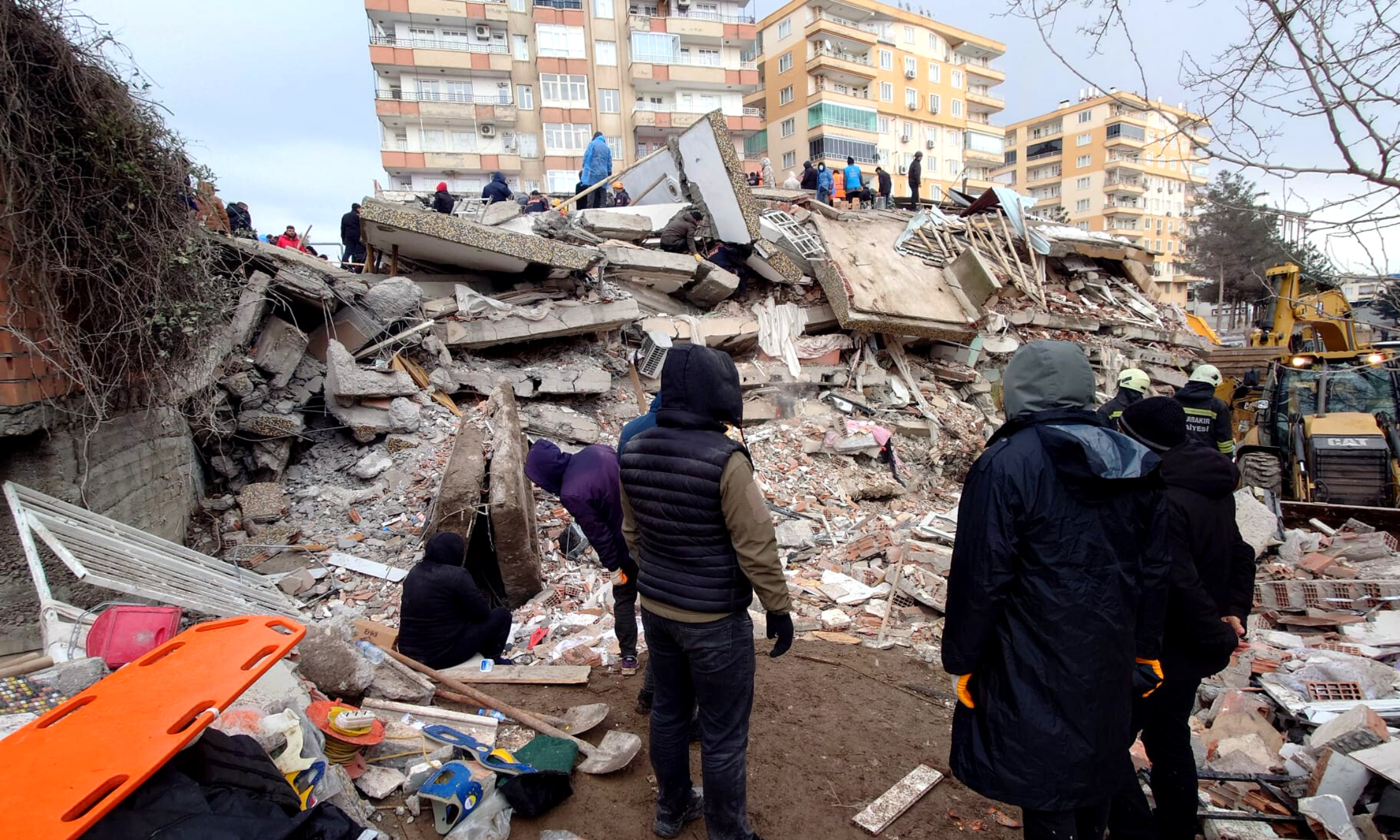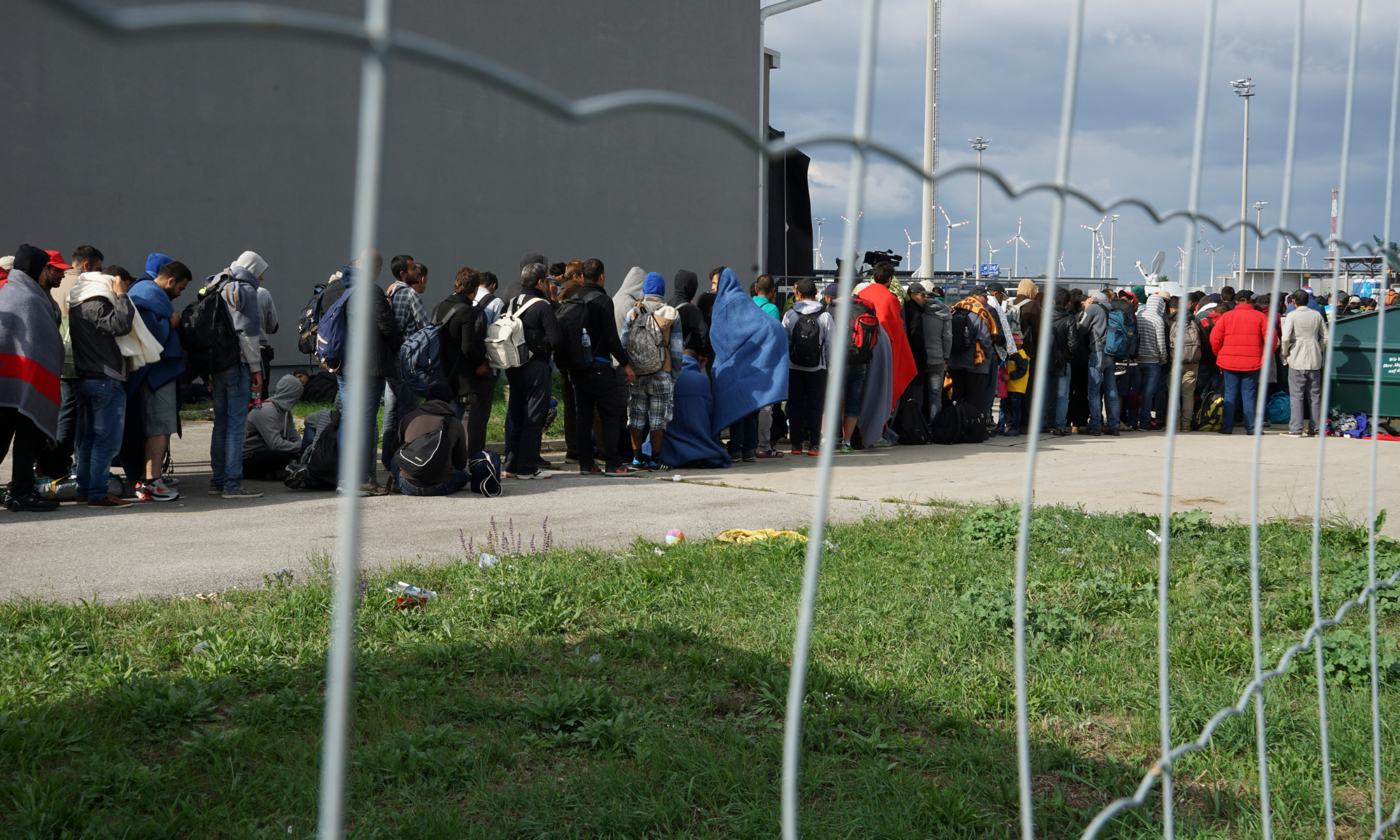
In a nail-biting bout that saw streams of passionate tears shed both on and off the pitch, Syria have just almost qualified for the World Cup. Almost, because they still have to face Australia in a play-off, arguably their toughest match yet. However, politics and football are never far apart, and aspersions have been cast upon the players and what or who they might represent. Add to that the political pertinence of this weekend’s opponents (Iran) as well as that of their destination (Russia), and you have a cocktail of tensions that rather uncannily echoes the conflict itself.
I celebrated when the Syrian team came one step closer to qualifying for the World Cup. The thrilling goal in the final minutes, despite leaving me feeling slightly sorry for the nutmegged goalkeeper, was excellently executed. The resilience this team has shown is incredible, and, well, it was good football. But I have been baffled by people’s expectations from me that I should have a politically sound analysis of what this win represents. I know that sports teams have always played a role, often as pawns, in politics, but, as a British girl of Syrian origin, I have no better idea than you do. It doesn’t occur to people that I know a hell of a lot more about football than I do about one of the most complex wars in years.
I have experienced it before – that expectant look that believed that I would clear things up once and for all. Studying in France, some of my friends knew so much about the intimidatingly complex network of political alliances that they may as well have been taking a degree in the Syrian conflict. But then they’d ask me what I thought about the “political situation” and wait expectantly. Very little, was my answer, and I’d move the conversation on.
“But then they’d ask me what I thought about the ‘political situation’ and wait expectantly. Very little, was my answer”
Maybe I’m not giving myself credit where credit is due; I do read things, ask questions, and am fascinated by history and politics. This conflict, now in its seventh year, having claimed an estimated 400,000 lives, rendered millions homeless and destitute, and spawned the inaccurately labelled “Refugee Crisis”. I have chosen to protect my sanity by not following in minute detail every twist and turn of the war. I do not know more than the journalists, photographers or medics on the ground, writing incisive pieces on the harsh realities. And I wish I could talk about Syria without having to talk about war.
A sort of epiphany occurred last year at university. In an Algerian restaurant, I met a waiter just like me – British of Syrian origin. We chatted about our family trips to Syria – him to Aleppo, me to Damascus, and about the foods, the flowers, the smell of fresh jasmine wafting along every pavement; that flower that’s called “ful” that smells even better than jasmine. I skipped out of the restaurant beaming from ear to ear, because I couldn’t remember the last time I’d had such a refreshing conversation about Syria with a stranger.
Since the war began, it has been hard to have these conversations with anyone outside my immediate family. I have reflected a lot over the past few years about the stock reactions to the “I’m from Syria” thing that you get. From “oh, I’m really sorry to hear” to “are your family okay?” or the blank “oh…” followed by an awkward silence. This, coupled with those who quiz you about your opinion of every tiny military advance and retreat is stifling. Here’s my answer: I have absolutely no idea.
“I wish I could talk about Syria without having to talk about war”
There’s nothing offensive or rude about all this, and I realise that these reactions and questions carry sympathy, but what I want to do is chat about the ordinary stuff. It is difficult, confusing, and gut-wrenching to be so far from your loved ones, not knowing when or how you’ll next get to hear their voice not over Skype. To not know how on earth you can help or be of any use, apart from in your prayers. To meet people whilst volunteering who have experienced it all first-hand in the worst, most horrifying way possible. Connecting all these dots in your head is painful enough as it is; having that all resurface at any mention of Syria is even harder.
Ironically, I vividly recall a secondary-school Latin lesson in which “Syria” was mentioned in the textbook: obviously all my classmates turned to me in excitement (it’s not every day that your classmate’s obscure country of origin pops up). The weirder thing, however, was the teacher asking me how my family was. To which I replied that they were fine thank you and asked why. “Well, you know, the war.” There was no war in Syria at the time, there had been no war in Syria for her whole entire lifetime. Being a bit of a precocious one, I swiftly replied that there was no war, thank you, maybe she was thinking about the Lebanese civil war, which was also over. Dark irony indeed.
“Being Syrian has come to be defined by the war, but you know? I know more about football”
There is only so much you can ask if you had absolutely no idea about Syria before it hurtled into the headlines. There is also little that approximates having your family and loved ones go through a war, especially when you are stuck at a weird and confusing distance, safe and sound (thank God) in Britain. Being Syrian has come to be defined by the war, but you know? I know more about football than I do about this horrible nightmare. Ask me about that instead.









